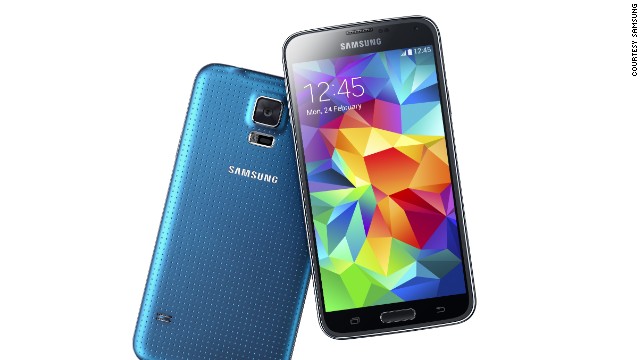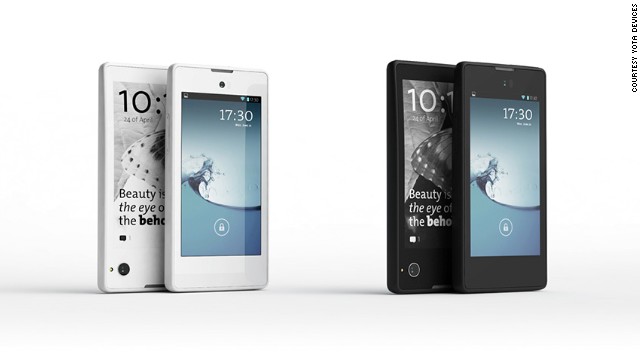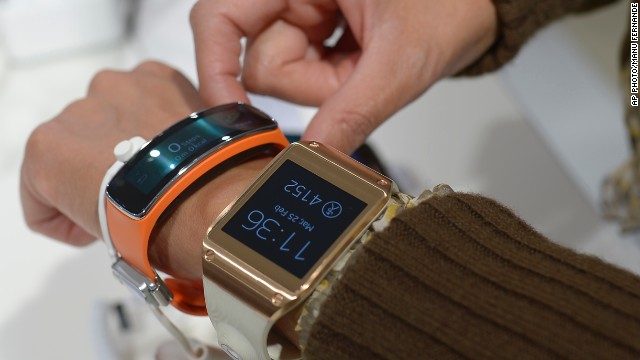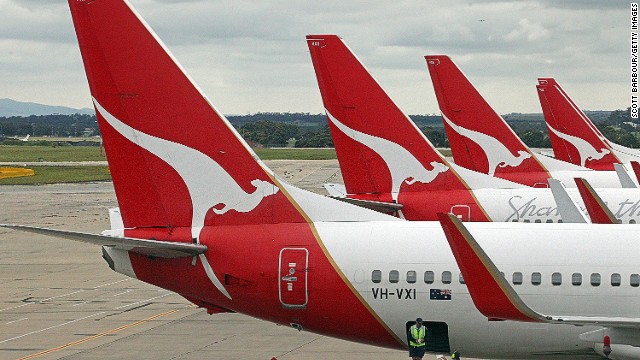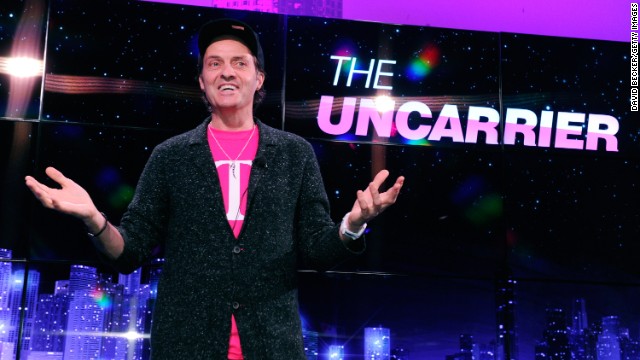SHANGHAI — The value of China’s currency, the renminbi, continued to slide against the United States dollar on Friday, rattling investors by falling to its lowest level in nearly a year.
With a drop of 0.3 percent, the renminbi hit 6.145 to the dollar in Friday trading, helping reverse a long running trend of gradual, incremental appreciation against the dollar and other major currencies during the last eight years. The intraday drop of almost 1 percent Friday was the biggest in years.
Analysts believe China’s central bank is intervening in the currency markets, intentionally engineering a slide in the value of the Chinese currency to punish speculators and prevent huge capital flows, or so-called hot money, from entering the country.
The authorities worry that the large inflows could generate inflationary pressure and complicate the central government’s effort to restructure China’s economy and eventually free up interest rates and improve the banking system.
Still, few analysts expect China’s currency to continue to weaken against the dollar. Many economists are forecasting the renminbi to end 2014 just about where it began, about 6 yuan to the dollar, or slight stronger, at about 5.9.


